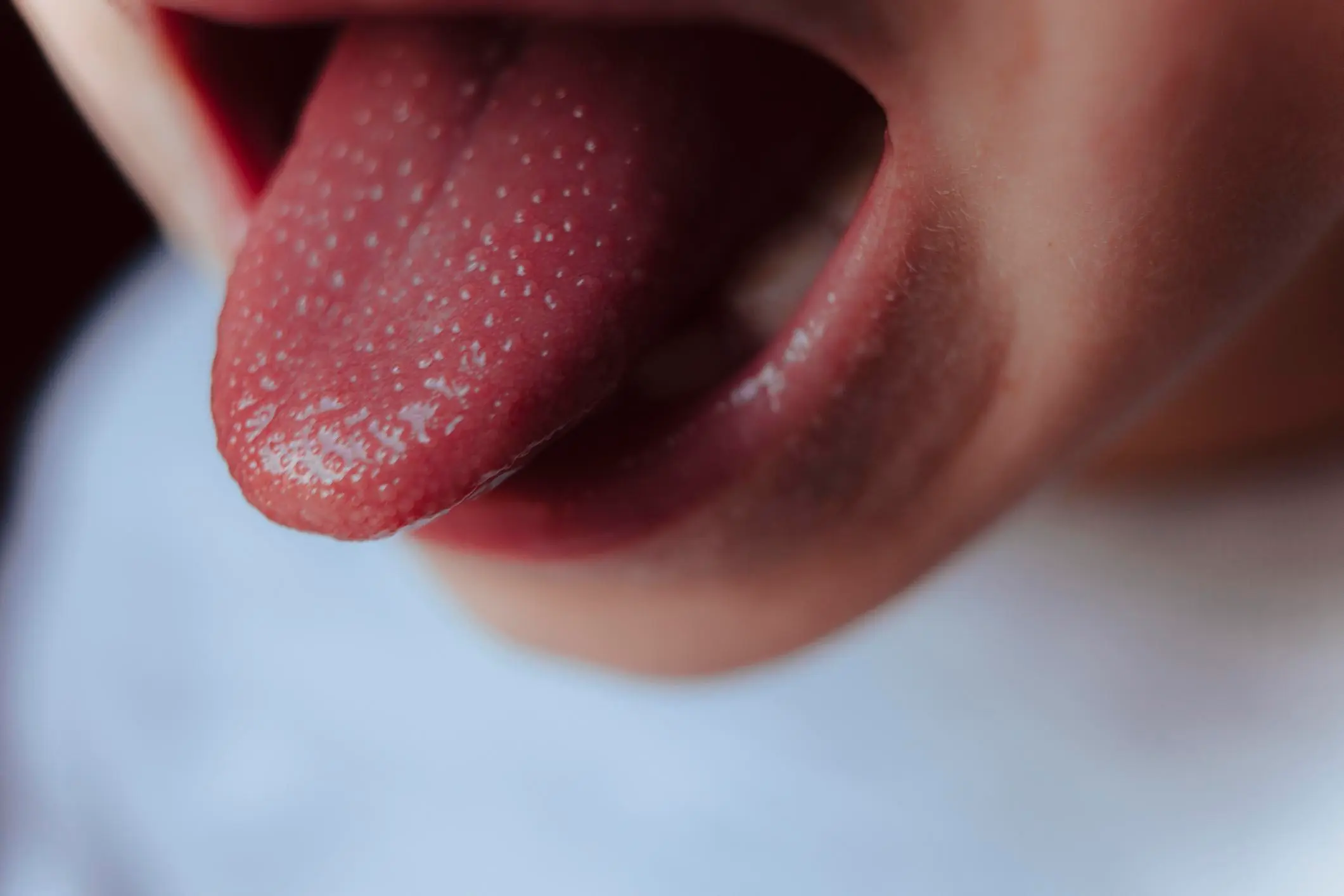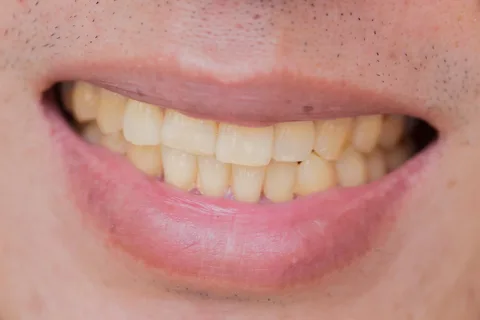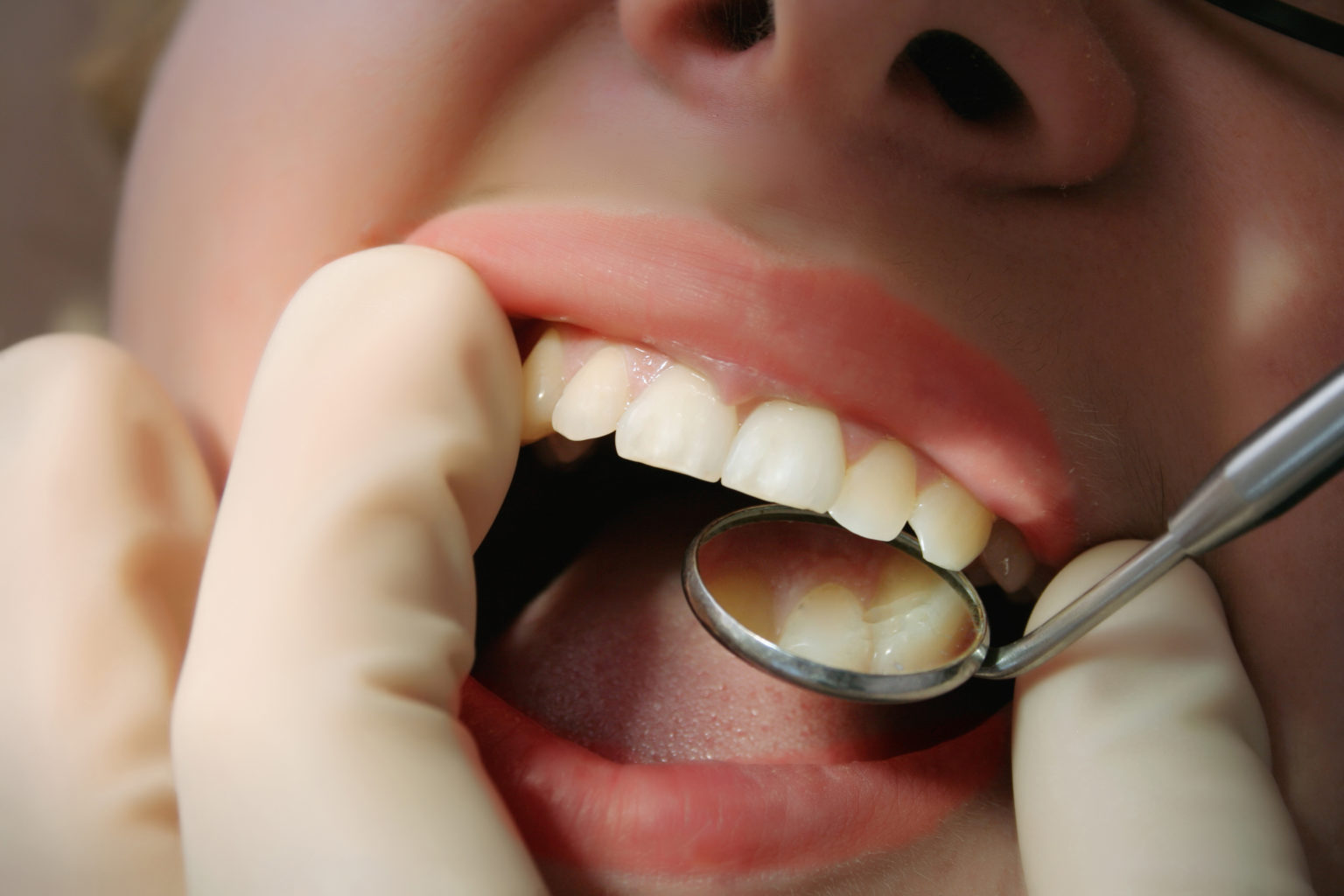TREATMENTS
Oral Cancer Teeth Treatment in Lahore
Oral Cancer Teeth
Oral cancer can affect various parts of the oral cavity, including the soft tissues and, in some cases, the jawbones and teeth. Here are some key points regarding oral cancer in relation to teeth. Oral cancer can occur in different areas of the oral cavity, such as the lips, tongue, gums, inner lining of the cheeks, roof and floor of the mouth, and the tonsils. The specific location of the cancer can influence its symptoms and treatment.

- Functional Impairment
- Aesthetic Concerns
- Speech Difficulties
- Preventing Tooth Migration
- Preserving Bone Health
- Improving Oral Health
- List Item #1
- List Item #2
- List Item #3
Types Of Oral Cancer Teeth

Proximity to Teeth
Oral cancers often develop in close proximity to teeth. As the cancer progresses, it may involve nearby structures, potentially affecting the health of the adjacent teeth. In dental anatomy and oral health, understanding the proximity to teeth is essential for assessing potential issues, surgeries.

Treatment Effects
The treatments for oral cancer, such as surgery, radiation therapy, and chemotherapy, can have side effects that impact oral health. Patients undergoing treatment for oral cancer should receive personalized care plans tailored to their specific needs and circumstances.

Compromised Oral Hygiene
The presence of oral cancer and its treatment may make it challenging for individuals to maintain good oral hygiene practices. Difficulty in brushing and flossing can contribute to dental issues.

Tooth Mobility
In advanced stages of oral cancer, there may be direct involvement of the jawbones, potentially leading to tooth mobility or loss. This may include addressing any existing dental problems before initiating cancer treatment
CAUSES OF ORAL CANCER TEETH
Oral cancer typically develops in the soft tissues of the oral cavity rather than directly affecting teeth. However, certain risk factors and habits associated with oral cancer can indirectly impact the health of teeth. Here are some factors and behaviors linked to an increased risk of oral cancer, which may have consequences for oral health, including the condition of teeth
Tobacco Use
Smoking or using smokeless tobacco products, such as chewing tobacco, significantly increases the risk of oral cancer.
Alcohol Consumption
Excessive and prolonged alcohol consumption is another significant risk factor for oral cancer.
Human Papillomavirus (HPV) Infection
Certain strains of HPV, especially HPV-16, have been associated with an increased risk of oral cancer.
Dietary Factors
A diet lacking in fruits and vegetables, which are rich in vitamins and antioxidants, may be associated with an increased risk of oral cancer..
ORAL CANCER TEETH
Symptoms of Oral Cancer Teeth
- Persistent Mouth Sores
- Red or White Patches
- Unexplained Bleeding
- Difficulty Swallowing or Chewing
- Lump or Thickening
- Ear Pain
How To Take Care Missing Teeth
Taking care of your oral health, especially when you have missing teeth, is important to prevent complications and maintain overall well-being. Here are some tips on how to care for missing teeth:
Floss Regularly: Floss between your remaining natural teeth and around dental appliances to remove plaque and prevent gum disease. If you have dental bridges or implants, use floss threaders or interdental brushes for effective cleaning.
Use an Antiseptic Mouthwash: Rinse your mouth with an antiseptic or fluoride mouthwash to help control bacteria and maintain oral hygiene. Consult your dentist for recommendations based on your specific needs.
Visit Your Dentist Regularly: Schedule regular dental check-ups, even if you have missing teeth. Your dentist can monitor the health of your remaining teeth, assess your gum health, and address any concerns promptly.
Consider Dental Appliances If you have missing teeth, your dentist may recommend dental appliances such as bridges, dentures, or implants to restore function and aesthetics. Follow your dentist’s instructions for care and maintenance of these appliances.
FAQs
Yes, oral cancer can affect the teeth by causing changes in tooth color, mobility, or alignment, and it may lead to tooth decay.
Smoking is a significant risk factor for oral cancer, and it can contribute to teeth staining, decay, and increased susceptibility to gum disease.
Radiation therapy or chemotherapy used in oral cancer treatment can have side effects, such as dry mouth, increased risk of cavities, and changes in taste.
Yes, oral cancer may cause tooth sensitivity, often associated with changes in the enamel or exposure of tooth roots.
Yes, oral cancer may cause changes such as white or red patches, ulcers, or lumps that affect the appearance and health of the teeth.
While not entirely preventable, minimizing risk factors such as tobacco use, practicing good oral hygiene, and attending regular dental check-ups can help reduce the likelihood of oral cancer affecting the teeth.
